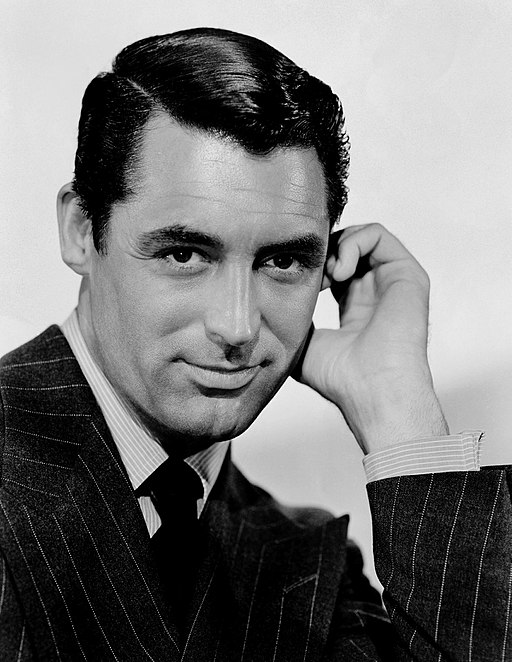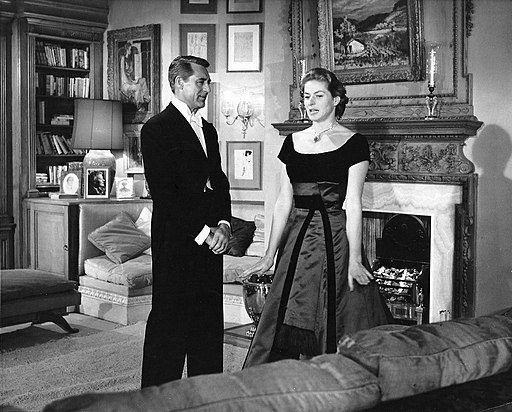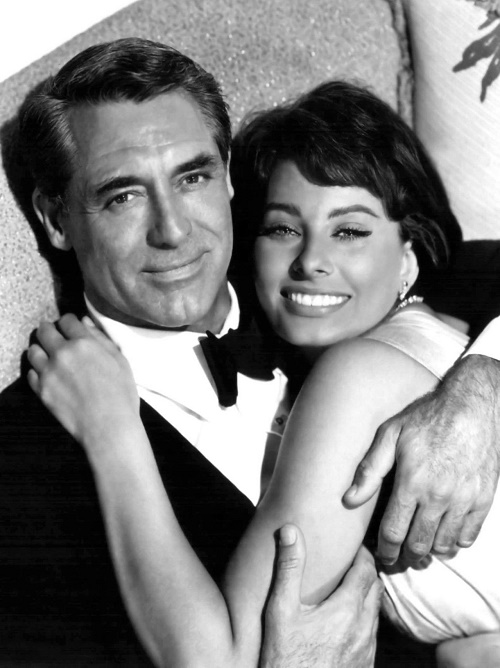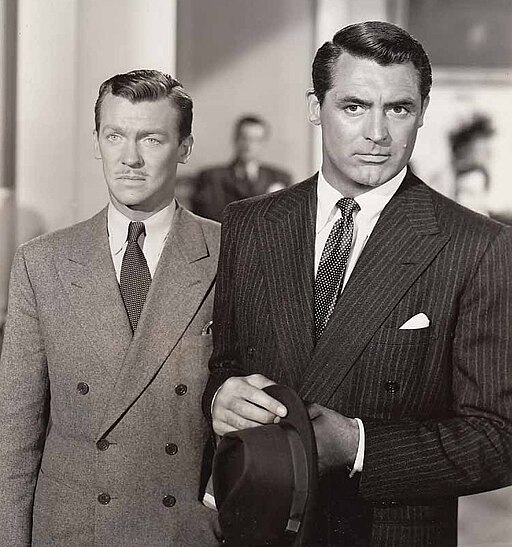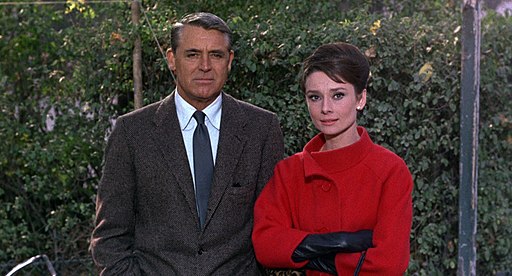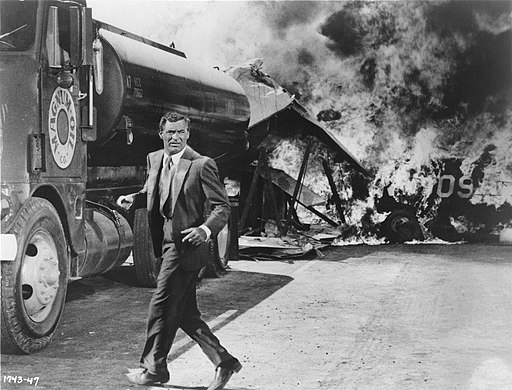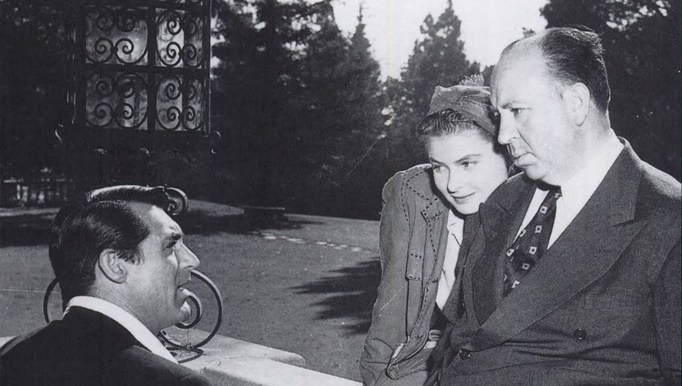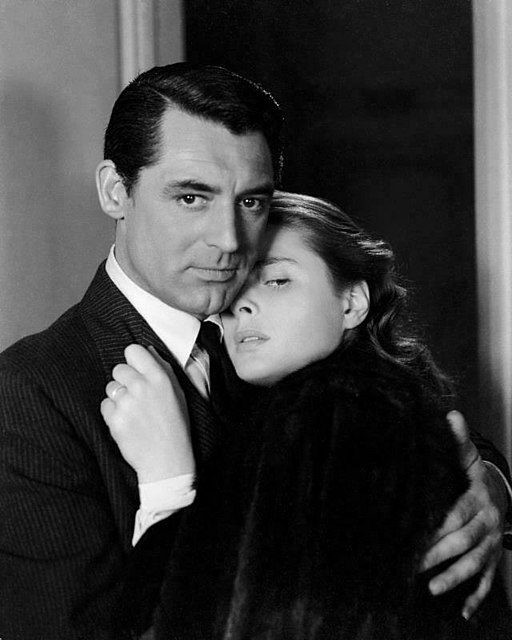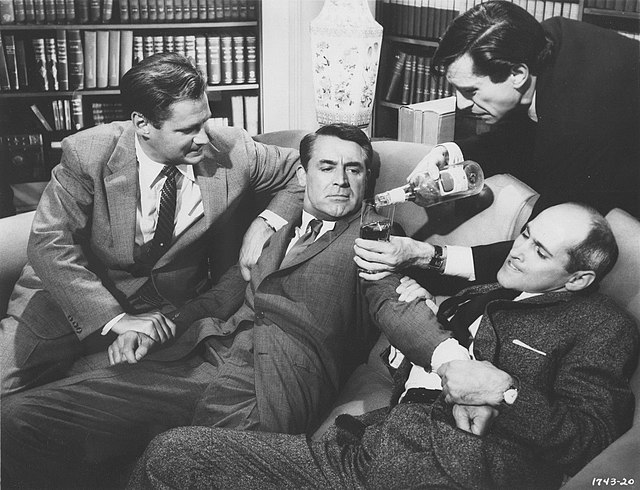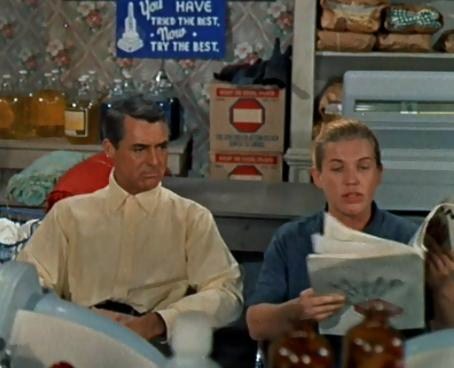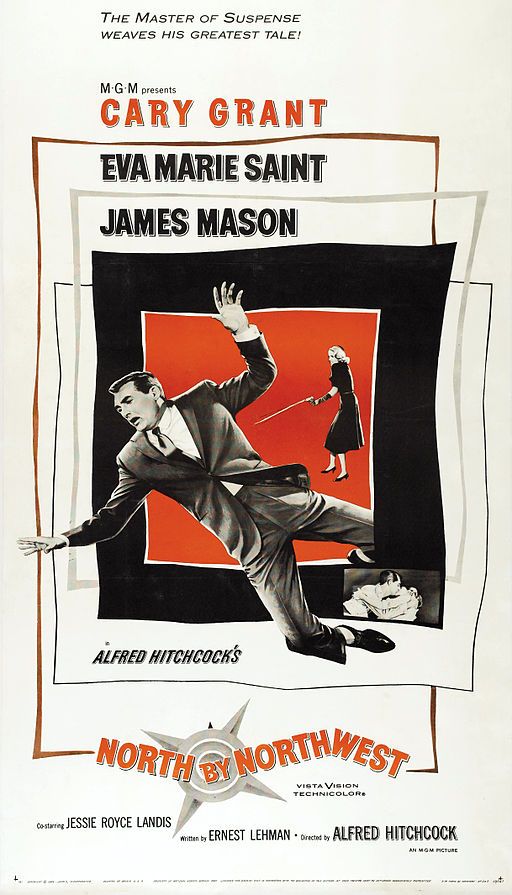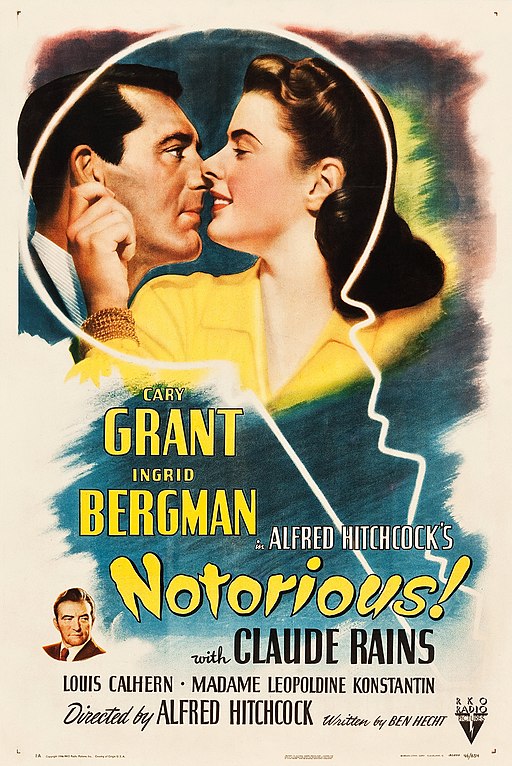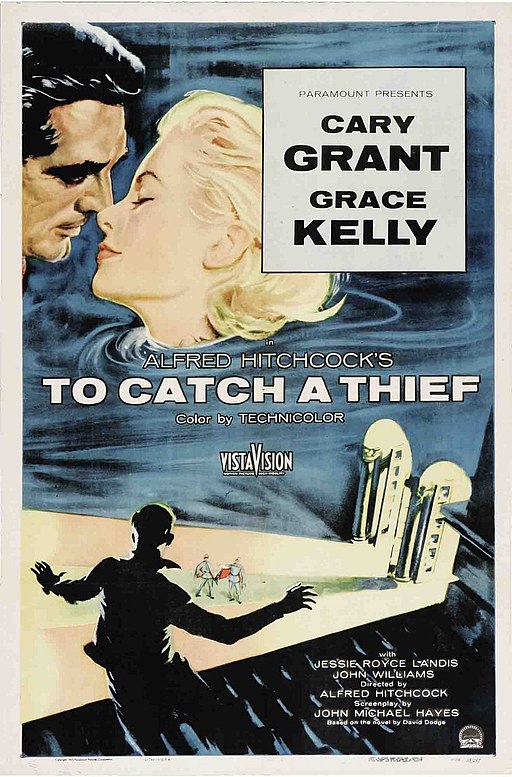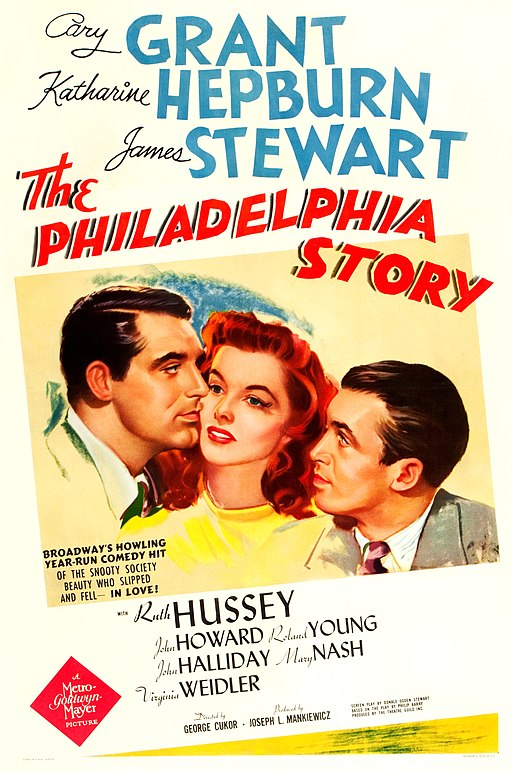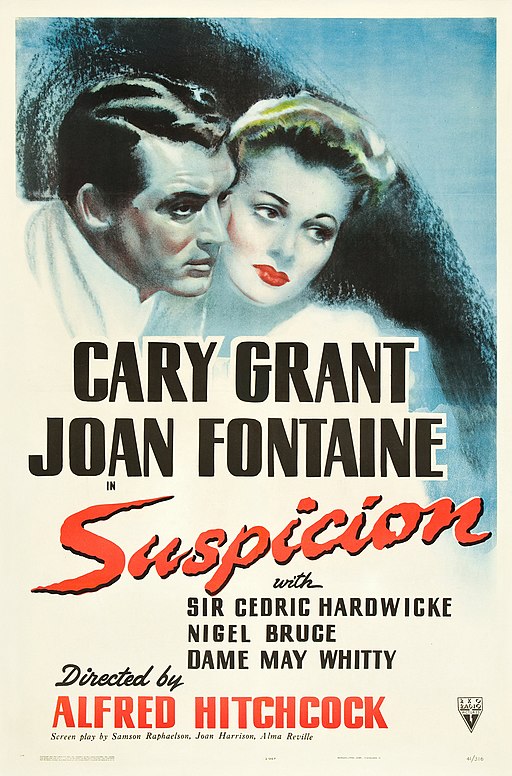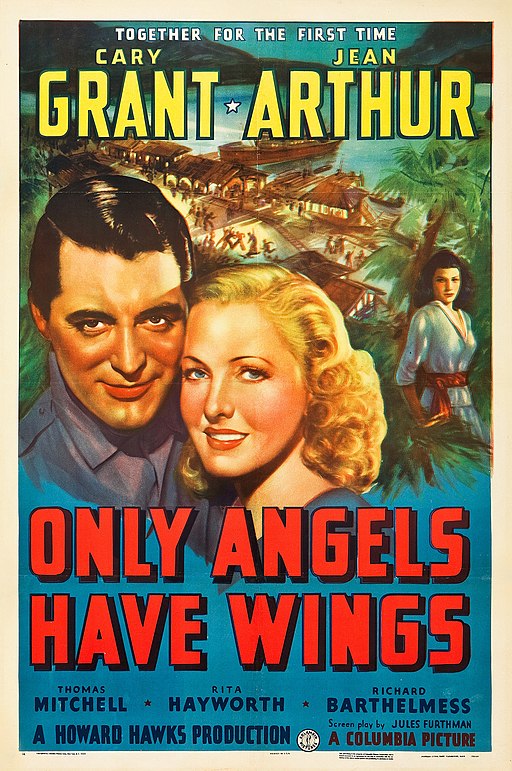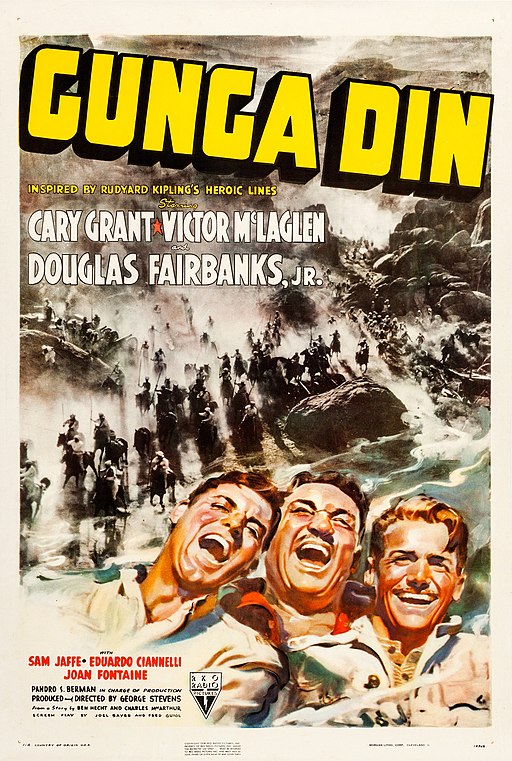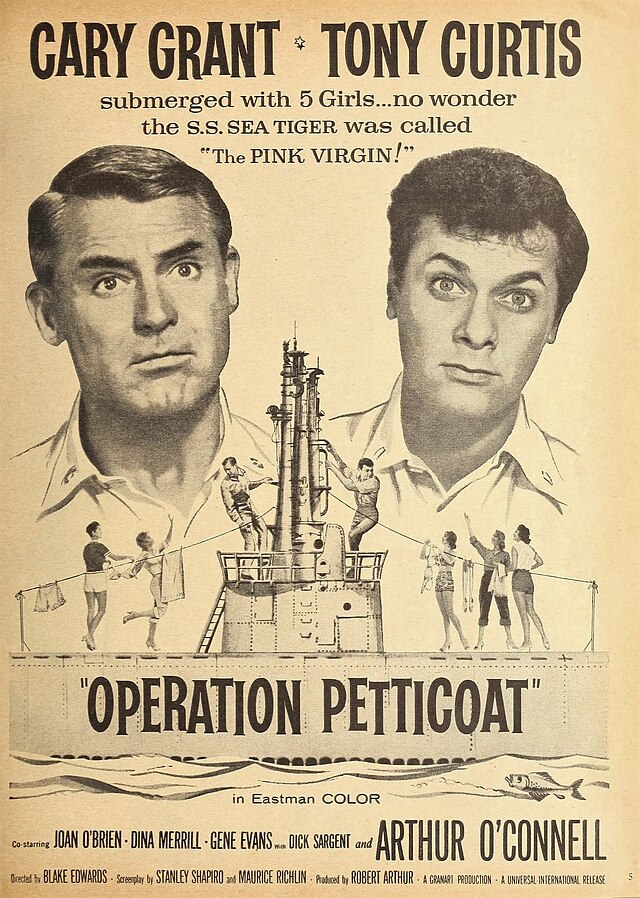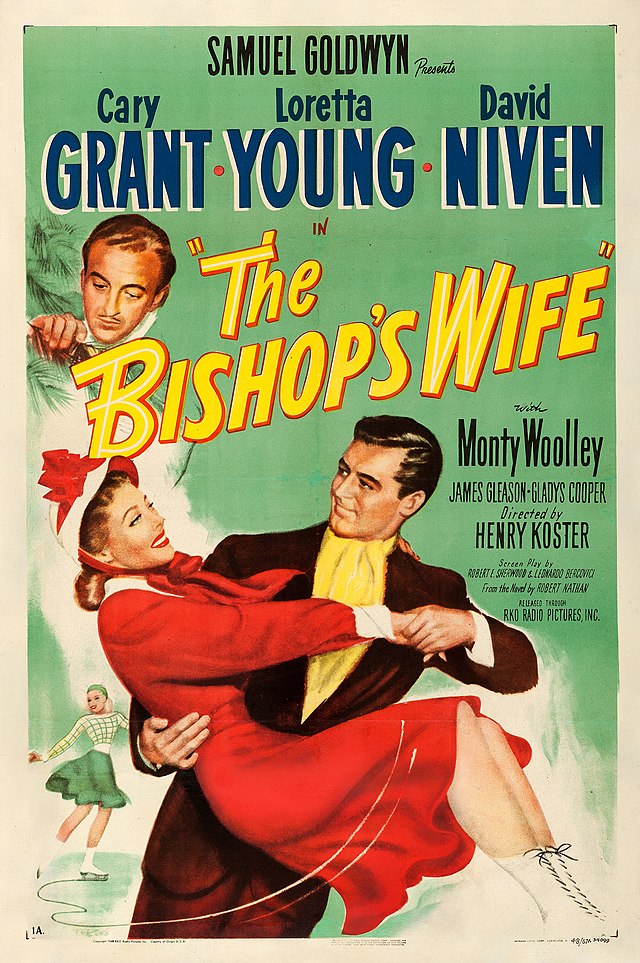Cary Grant
back| Full Name | Archibald Alexander Leach |
| Stage Name | Cary Grant |
| Born | January 18, 1904 |
| Birthplace | Bristol, England, United Kingdom |
| Died | November 29, 1986 |
| Buried | Ashes scattered in the Pacific Ocean |
| Married to | Virginia Cherrill (1934–1935), Barbara Hutton (1942–1945), Betsy Drake (1949–1962), Dyan Cannon (1965–1968), Barbara Harris (1981–1986) |
| Children | Jennifer Grant (with Dyan Cannon) |
| Notable films | Notorious (1946) - North by Northwest (1959) - To Catch a Thief (1955) - An Affair to Remember (1957) - His Girl Friday (1940) - Bringing Up Baby (1938) |
Cary Grant
Mr. Charm and Sophistication
Born Archibald Alexander Leach in Bristol, England, Cary Grant faced a troubled childhood with an absent mother and a strained relationship with his father. He joined a performance troupe and traveled to the United States, where he began his career in vaudeville.
Grant transitioned to Hollywood in the 1930s, eventually becoming one of America’s most enduring and charming leading men. His early film work showcased his versatility, appearing in dramas, comedies, and romantic films.
He became known for his roles in Alfred Hitchcock’s thrillers, including "North by Northwest" and "To Catch a Thief." His charismatic and suave presence, combined with a knack for light comedy, made him a favorite in romantic comedies like "His Girl Friday" and "Bringing Up Baby."
Related
Cary Grant
Biography and Analysis of his Acting Career
Cary Grant, born Archibald Alexander Leach on January 18, 1904, in Bristol, England, was one of Hollywood's most charming and iconic actors. His journey from a troubled childhood to silver screen legend is a remarkable tale of resilience and transformation.
Early Life and Challenges
Grant's early life was marred by hardship. His mother suffered from clinical depression and was institutionalized when he was just nine, a fact his father concealed, telling him she had gone on a holiday. His father later abandoned him, remarrying and starting a new family. These early experiences shaped Grant's character, instilling a desire for stability and success.
The Road to Hollywood
At 14, Grant joined a performance troupe, honing his acting and acrobatic skills. He traveled to the United States in the 1920s with the troupe, eventually venturing into vaudeville. His charm and talent caught the attention of Hollywood, leading to his film debut in 1932. He changed his name to Cary Grant, crafting a persona that combined suave sophistication with a touch of self-deprecating humor.
Rise to Stardom
Grant's career took off in the 1930s with leading roles in romantic comedies and dramas. His versatility shone through in films like "Bringing Up Baby" (1938) and "His Girl Friday" (1940). His collaboration with Alfred Hitchcock, which included classics like "North by Northwest" (1959) and "To Catch a Thief" (1955), cemented his status as a Hollywood icon.
Personal Life and Marriages
Grant's personal life was as eventful as his career. He married five times, including to actress Dyan Cannon, with whom he had his only child, Jennifer. His marriages were often tumultuous, reflecting his lifelong search for the family stability he lacked in childhood.
Later Years and Retirement
In the 1960s, Grant, ever the epitome of charm and elegance, chose to retire from acting to focus on his personal life and business ventures. He became a board member of Fabergé and was active in promoting the company.
Passions and Interests
Beyond acting, Grant was passionate about art and philanthropy. He was a sophisticated art collector and a generous donor to various causes, especially those benefiting children.
Death and Legacy
Cary Grant passed away on November 29, 1986, from a stroke while preparing for a performance in Davenport, Iowa. His death marked the end of an era in Hollywood. Grant's legacy endures, not only through his films but also through his unique style and persona, which redefined the archetypical Hollywood leading man. He remains a symbol of timeless elegance and cinematic excellence.
Video Biography of Cary Grant:
Cary Grant’s Spouses:
Cary Grant's personal life, particularly his marriages, was as captivating and complex as his on-screen persona. He was married five times:
Virginia Cherrill (1934–1935):
Grant's first marriage was to actress Virginia Cherrill, best known for her role in Charlie Chaplin's "City Lights." The marriage was short-lived and ended in divorce after just over a year. The union was reportedly tumultuous, with both facing compatibility issues.
Barbara Hutton (1942–1945):
He next married Barbara Hutton, one of the wealthiest women in the world and a Woolworth department store heiress. Their marriage attracted significant media attention due to Hutton's wealth. They were often referred to as "Cash and Cary," though Grant refused to take any financial settlement from Hutton upon their divorce.
Betsy Drake (1949–1962):
Grant's longest marriage was with actress Betsy Drake, whom he met on the set of "Every Girl Should Be Married." Drake had a significant influence on Grant, introducing him to psychotherapy, which he credited with bringing much-needed stability to his life. The marriage ended in divorce, but they remained close for many years after.
Dyan Cannon (1965–1968):
Grant married actress Dyan Cannon, who was 33 years his junior. They had one daughter, Jennifer, which made this marriage notably different from his previous ones. However, the marriage ended in a highly publicized divorce, with Cannon citing Grant's controlling nature and emotional abuse.
Barbara Harris (1981–1986):
His final marriage was to Barbara Harris, a British hotel public relations agent who was 47 years his junior. They were married until his death in 1986. This marriage was seen as a happy one, with Harris providing Grant with a stable and loving relationship in his later years.
Rumors about Relationship with actor Randolph Scott:
The rumors about Cary Grant's sexuality, particularly his alleged relationship with actor Randolph Scott, have been a topic of speculation and discussion for decades. It's important to approach this topic with sensitivity and an understanding of the historical context.
Background
Cary Grant and Randolph Scott met in the early 1930s and quickly became good friends. They lived together for a time in a beach house in Malibu, which was common during the Great Depression as a way to share living expenses. The film industry, during that era, was also under the heavy scrutiny of moral codes.
Public Speculation
Photographs of Grant and Scott lounging and doing domestic chores together at their shared home were published in fan magazines. These images, along with their close friendship, fueled speculation about the nature of their relationship. However, it's essential to note that such displays of camaraderie were more socially acceptable at the time and not necessarily indicative of a romantic relationship.
Personal Lives
Both Grant and Scott were married multiple times to women, and there were no definitive statements from either actor confirming a romantic relationship with each other. Grant, in particular, was notoriously private about his personal life.
Cultural Context
The speculation about Grant's sexuality must be viewed within the context of Hollywood's Golden Age, where there was significant pressure on actors to conform to heterosexual norms. The studio system often controlled the public image of stars, and rumors about sexuality could have been damaging to careers.
Modern Perspectives
In more recent years, there has been greater discussion and analysis of Grant's sexuality, with some biographers and historians suggesting he may have been bisexual. However, without explicit confirmation from Grant himself, these discussions remain speculative.
Analysis of Cary Grant’s Acting Style:
Cary Grant's acting style is renowned for its effortless charm, suave sophistication, and comic timing, making him one of Hollywood's quintessential leading men. Here's an analysis of his unique style:
Charm and Sophistication
Grant was the epitome of on-screen charm and sophistication. He exuded an effortless grace and confidence that made him appealing to both male and female audiences. His suave demeanor was often accompanied by a light, breezy approach to his characters, making them likable and relatable.
Understated Comedy
Grant was a master of subtle comedy. His performances in screwball comedies like "Bringing Up Baby" and "His Girl Friday" showcased his ability to deliver lines with a natural ease, making even the most absurd situations seem believable. He had impeccable comic timing and could generate laughter with a mere raise of an eyebrow or a slight gesture.
Romantic Lead
As a romantic lead, Grant was both persuasive and genuine. He had a unique ability to blend romance with a light-hearted approach, creating on-screen chemistry with numerous leading ladies. This made him a favorite in romantic comedies and dramas alike.
Versatility
Grant's filmography demonstrates his versatility as an actor. He seamlessly transitioned between genres, from romantic comedies to thrillers to dramas, adapting his style to suit the tone of each film.
Physical Comedy
His background in acrobatics and vaudeville contributed to his skill in physical comedy. Grant was adept at using his body language and physical movements to enhance his comedic performances.
Elegance and Wit
Grant's style was also characterized by his elegance and wit. He often played sophisticated characters and delivered witty dialogues with a sense of ease and eloquence.
Vulnerability
Despite his often debonair roles, Grant could convey vulnerability and depth when the role required it, adding layers to his characters that went beyond the charming exterior.
In summary, Cary Grant's acting style was a blend of charm, sophistication, subtle humor, and versatility. His legacy as an actor is defined by his ability to make complex acting seem effortless and his enduring appeal as one of cinema's most charming leading men.
Memorable Quotes from Cary Grant:
On Self-Perception:
"Everyone wants to be Cary Grant. Even I want to be Cary Grant."
Regarding His Image:
"I pretended to be somebody I wanted to be, and, finally, I became that person. Or he became me."
On Acting:
"It takes 500 small details to add up to one favorable impression."
Reflecting on Age:
"I'm at an age when my back goes out more than I do."
On Happiness:
"I think probably kindness is my number one attribute in a human being. I'll put it before any of the things like courage or bravery or generosity or anything else."
Regarding His Career:
"I have spent the greater part of my life fluctuating between Archie Leach and Cary Grant, unsure of each, suspecting each."
His Humorous Outlook:
"My father used to say, 'Let them see you and not the suit. That should be secondary.'"
On Relations:
"To succeed with the opposite sex, tell her you're impotent. She can't wait to disprove it."
Notable Movies featuring Cary Grant:
1932:
- "This is the Night": Grant's film debut in a comedy about marital infidelity.
1933:
- "She Done Him Wrong": A Mae West vehicle where Grant played a captivating Salvation Army officer.
- "I'm No Angel": Another collaboration with Mae West, featuring Grant as a wealthy suitor.
1935:
- "Sylvia Scarlett": A romantic comedy with Katharine Hepburn, where Grant played a con artist.
1937:
- "Topper": A fantasy comedy with Grant as a fun-loving ghost.
1938:
- "Bringing Up Baby": A classic screwball comedy with Katharine Hepburn, featuring Grant as a befuddled paleontologist.
1940:
- "His Girl Friday": A fast-paced comedy with Rosalind Russell, where Grant played a newspaper editor.
1941:
- "Penny Serenade": A tearjerker about a couple's challenges in adopting a child.
1944:
- "Arsenic and Old Lace": A dark comedy with Grant as a drama critic dealing with his murderous aunts.
1946:
- "Notorious": A Hitchcock spy thriller where Grant played a government agent opposite Ingrid Bergman.
1955:
- "To Catch a Thief": A romantic thriller by Hitchcock, featuring Grant as a reformed jewel thief.
1957:
- "An Affair to Remember": A romantic drama about a couple's star-crossed love.
1958:
- "Indiscreet": A romantic comedy with Ingrid Bergman, where Grant played a diplomat.
1959:
- "North by Northwest": A classic Hitchcock thriller with Grant as an advertising executive caught in a case of mistaken identity.
1963:
- "Charade": A comedy-thriller set in Paris, with Audrey Hepburn as his co-star.
1964:
- "Father Goose": A romantic comedy set during World War II, with Grant as a reluctant hero.
1966:
- "Walk Don't Run": Grant's final film, a romantic comedy set during the Tokyo Olympics.
Importance of “Notorious” for Grant’s Career:
Cary Grant's role in Alfred Hitchcock's "Notorious" (1946) was significant for his career for several reasons:
Shift in On-Screen Persona
In "Notorious," Grant played T.R. Devlin, a government agent – a role that marked a departure from the more lighthearted, debonair characters he was known for. This film showcased his ability to handle more serious, complex roles, adding depth to his already versatile career.
Collaboration with Hitchcock
"Notorious" was the second of four films Grant made with Alfred Hitchcock, a collaboration that proved to be critically and commercially successful. Hitchcock's films allowed Grant to explore darker, more nuanced characters, contrasting with his earlier romantic comedy roles.
Chemistry with Co-Stars
The film featured notable chemistry between Grant and Ingrid Bergman, contributing to its success. Their on-screen relationship was fraught with tension and emotion, demonstrating Grant's strong capability in romantic drama.
Critical Acclaim
"Notorious" received critical acclaim and is considered one of Hitchcock's best works. Grant's performance was particularly praised for its subtlety and intensity. The success of the film further cemented his status as a leading man in Hollywood.
Influence on Future Roles
The success of "Notorious" and Grant's performance in it opened doors to more diverse roles, allowing him to avoid being typecast. It demonstrated his range as an actor and his ability to excel in various genres.
In summary, "Notorious" was a pivotal film in Cary Grant's career, showcasing his talent beyond the realm of comedy and solidifying his place as a versatile and esteemed actor in Hollywood.
Awards and Nominations:
Academy Awards:
- Cary Grant was nominated twice for the Academy Award for Best Actor: for "Penny Serenade" (1941) and "None But the Lonely Heart" (1944).
- In 1970, he received an Honorary Oscar for his unique mastery of the art of screen acting with respect to his distinguished and leading roles in the history of film.
Golden Globe Awards:
- While he had several critically acclaimed performances, Grant's work was often overlooked by the Golden Globes during his active years in Hollywood.
Other Honors and Recognitions:
- In 1969, Grant was presented with the Cecil B. DeMille Award at the Golden Globes for his outstanding contributions to the world of entertainment.
- He received a Kennedy Center Honor in 1981, recognizing his lifetime contributions to American culture through the performing arts.
- In the United Kingdom, he was awarded a special BAFTA Award in 1973 and the BAFTA Fellowship, the highest accolade the British Academy can bestow, in 1976.
Full list of Movies featuring Cary Grant:
1932:
- This is the Night
- Sinners in the Sun
- Merrily We Go to Hell
- Devil and the Deep
- Blonde Venus
- Hot Saturday
- Madame Butterfly
1933:
- She Done Him Wrong
- The Woman Accused
- The Eagle and the Hawk
- I'm No Angel
- Gambling Ship
- Alice in Wonderland
1934:
- Thirty Day Princess
- Born to Be Bad
- Kiss and Make Up
1935:
- Wings in the Dark
- The Last Outpost
- Sylvia Scarlett
1936:
- Big Brown Eyes
- Suzy
- The Amazing Quest of Ernest Bliss
1937:
- When You're in Love
- Topper
- The Toast of New York
- The Awful Truth
1938:
- Bringing Up Baby
- Holiday
1939:
- Gunga Din
- Only Angels Have Wings
- In Name Only
1940:
- His Girl Friday
- My Favorite Wife
- The Howards of Virginia
- The Philadelphia Story
1941:
- Penny Serenade
- Suspicion
1942:
- The Talk of the Town
- Once Upon a Honeymoon
1943:
- Mr. Lucky
- Destination Tokyo
1944:
- Once Upon a Time
- Arsenic and Old Lace
- None But the Lonely Heart
1946:
- Notorious
- Night and Day
1947:
- The Bachelor and the Bobby-Soxer
- The Bishop's Wife
1948:
- Mr. Blandings Builds His Dream House
- Every Girl Should Be Married
1949:
- I Was a Male War Bride
1950:
- Crisis
1951:
- People Will Talk
1952:
- Room for One More
1953:
- Monkey Business
- Dream Wife
1955:
- To Catch a Thief
1957:
- An Affair to Remember
- The Pride and the Passion
- Kiss Them for Me
1958:
- Indiscreet
- Houseboat
1959:
- North by Northwest
- Operation Petticoat
1960:
- The Grass Is Greener
1962:
- That Touch of Mink
1963:
- Charade
1964:
- Father Goose
1966:
- Walk Don't Run

